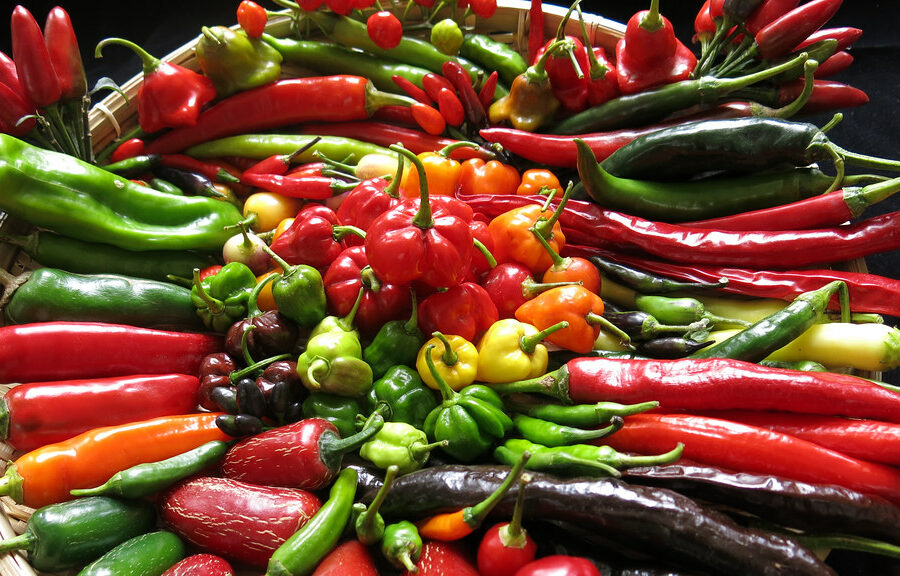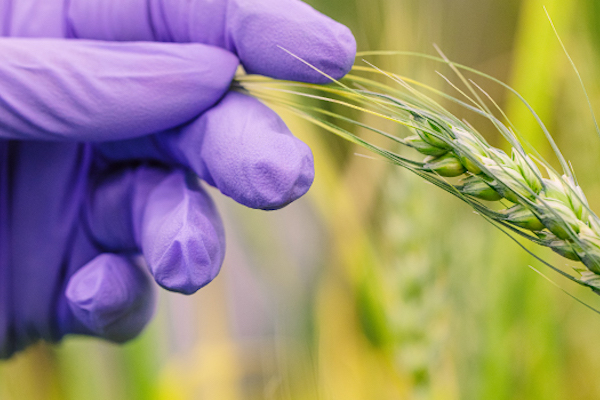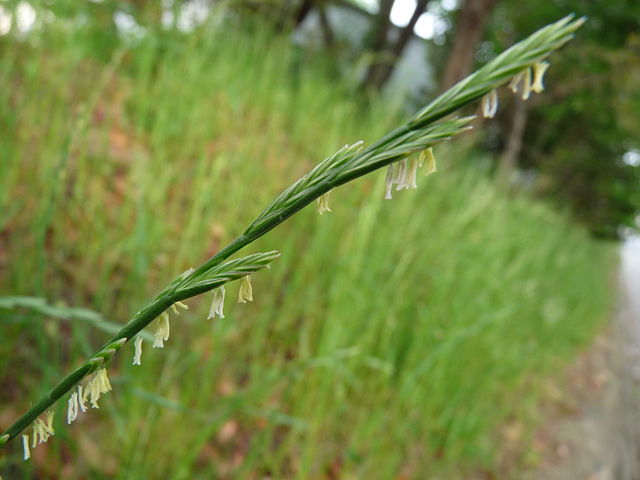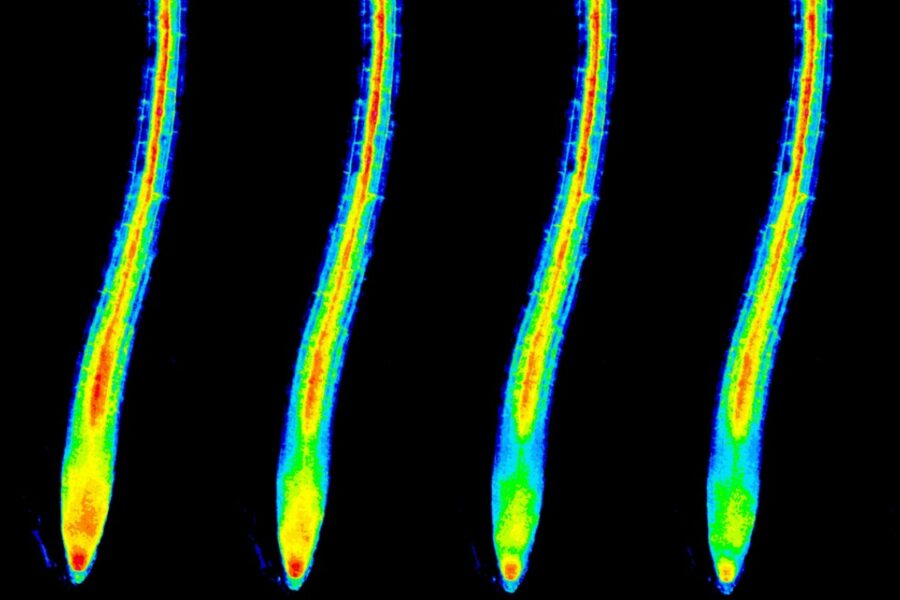How will the biggest tropical trees respond to climate change?

Scientists think that climate change may have greater impact the largest trees in tropical forests, and the death of these giants has a major impact on the forest, but because these monumental trees are few and far between, almost nothing…
Isabel29/04/2021







